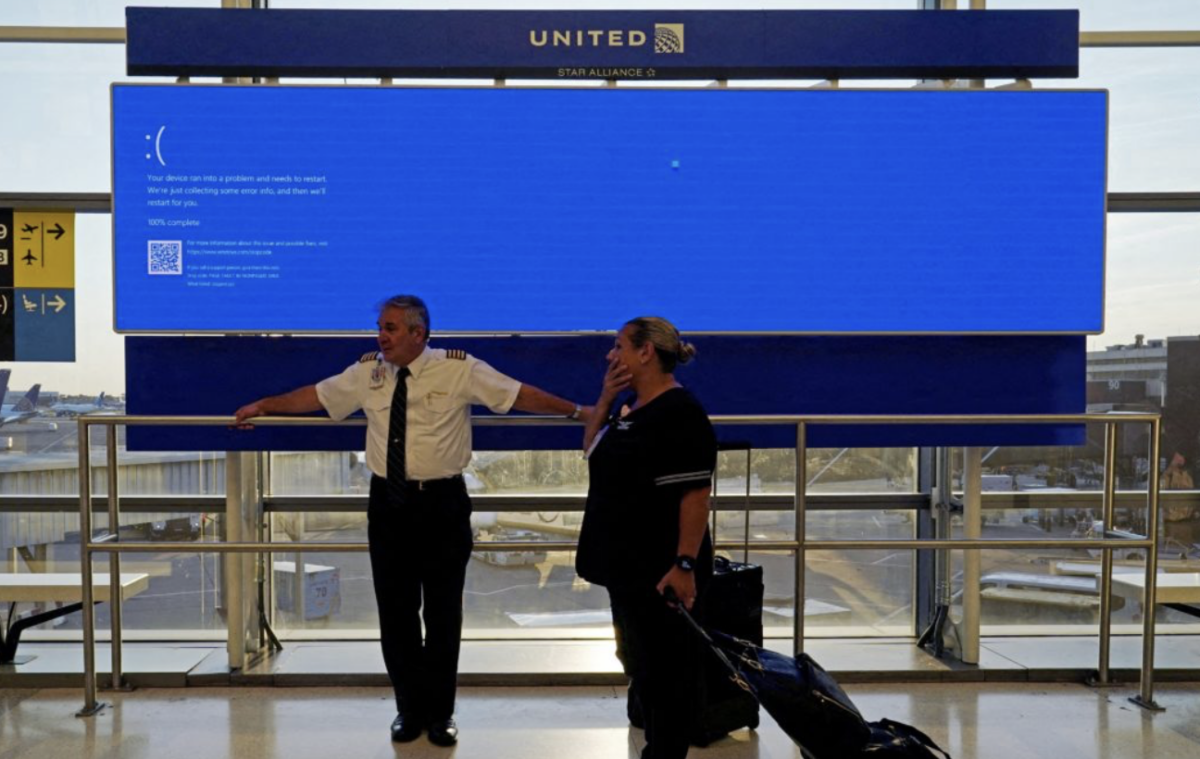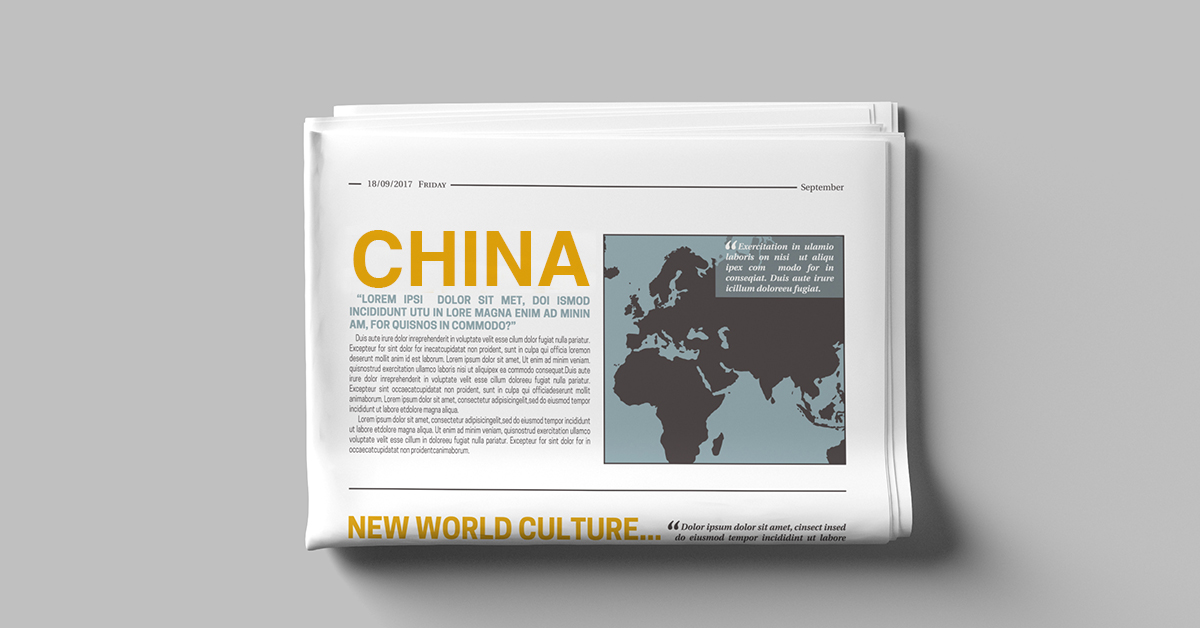Nvidia Plans China-Compatible AI Chips Amid Tightened U.S. Export Controls
Nvidia is developing a version of its new Blackwell AI chips, specifically the “B20,” for the China market, adhering to U.S. export controls aimed at limiting China’s advancements in supercomputing. Partnering with Inspur for distribution, Nvidia plans to begin shipments in Q2 2025. The move follows tightened U.S. restrictions, which have pressured Chinese tech firms like Huawei and Tencent-backed Enflame. Nvidia aims to maintain its market share in China, which has decreased from 26% to 17% of its revenue due to these sanctions.
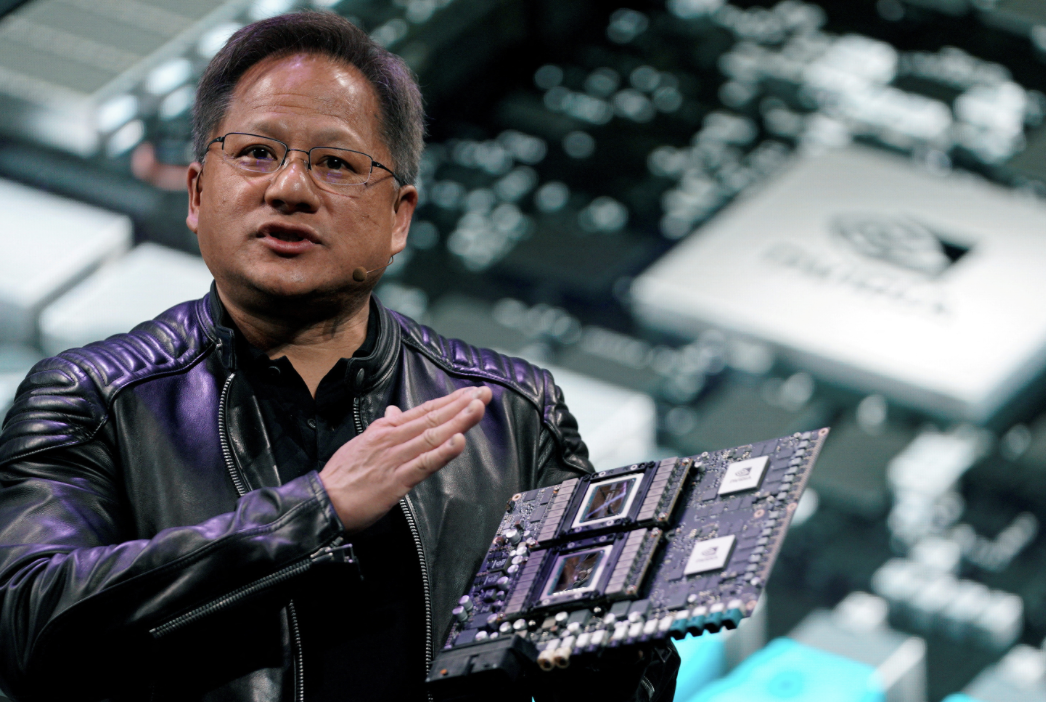
Volkswagen and Xpeng Expand Partnership to Enhance Intelligent Driving Systems
Volkswagen Group and Chinese EV maker Xpeng have signed an agreement to develop advanced intelligent driving systems, enhancing their partnership amid intensifying competition in China, the world’s largest automotive market. They will establish project houses in Guangzhou and Hefei, where engineers will collaborate on developing electrical/electronic (E/E) architecture for smart vehicles. This collaboration aims to cut costs and accelerate the launch of new EV models. The first vehicle featuring the jointly developed E/E system is expected within 24 months, with all VW-branded EVs in China incorporating the system by 2026.
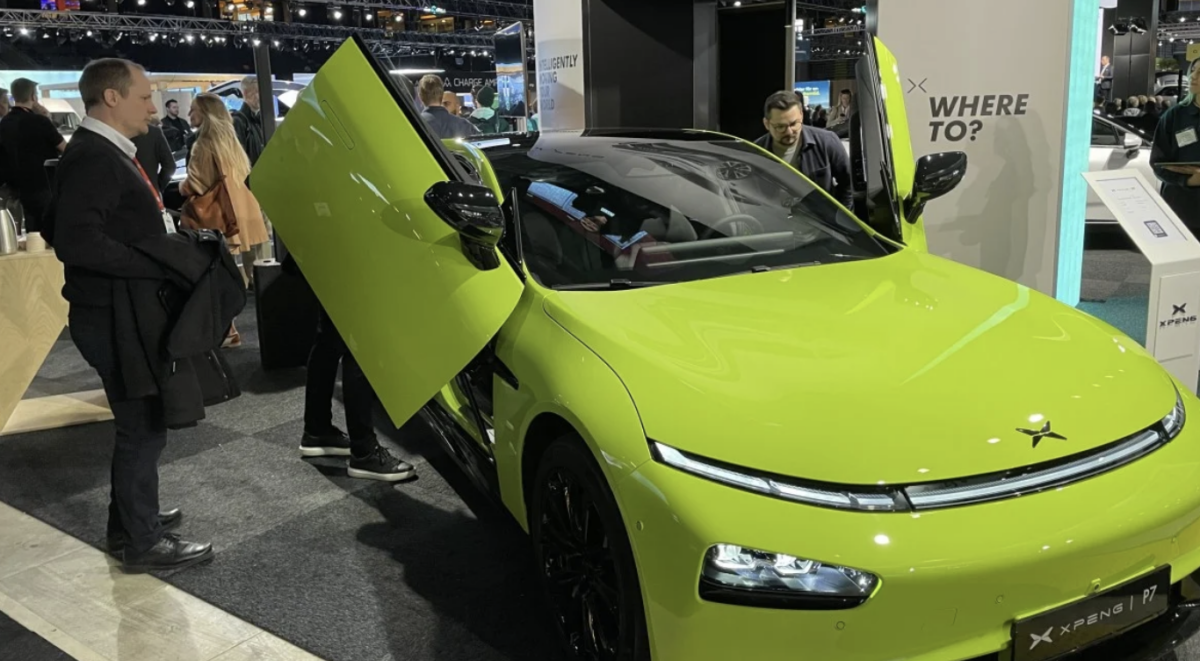
Foxconn to Invest $137.5 Million in New Business Headquarters in Zhengzhou, China
Taiwan’s Foxconn, the world’s largest contract electronics maker and a major assembler of Apple’s iPhones, plans to invest 1 billion yuan ($137.5 million) in constructing a new business headquarters in Zhengzhou, China. The project, spanning 700 acres, was formalized through a contract with the Henan provincial government. Foxconn aims to leverage the growing demand for AI server technology, with key clients including Nvidia.
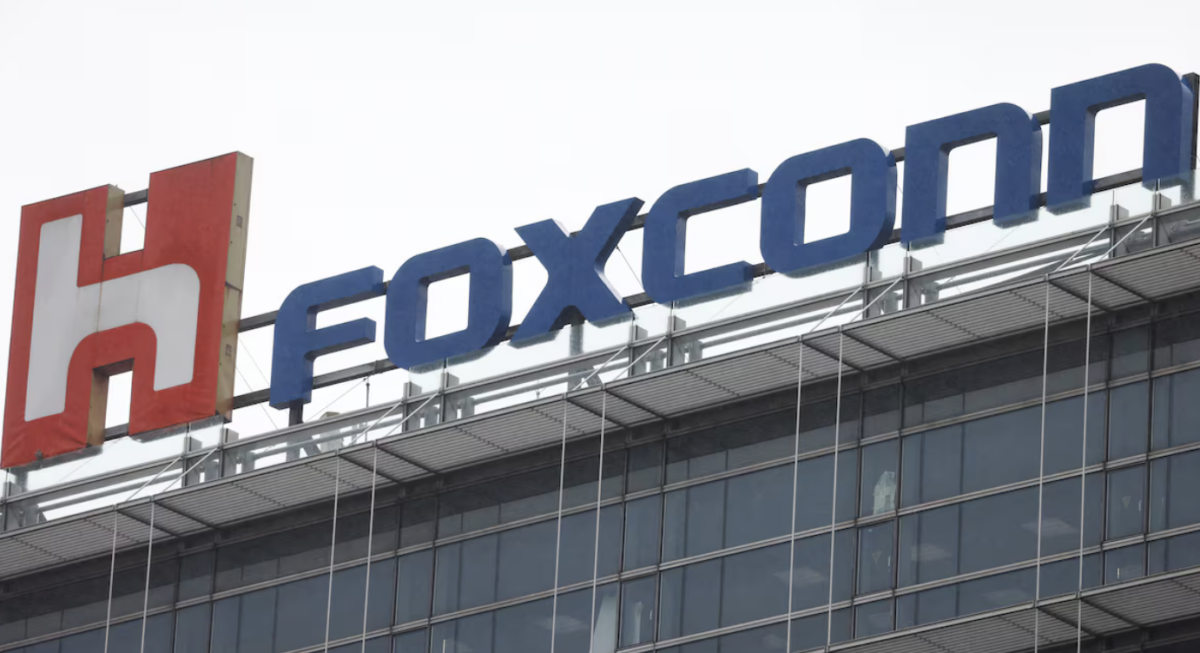
OpenAI Launches SearchGPT: An AI-Powered Search Engine
OpenAI has unveiled SearchGPT, an AI-driven search engine prototype designed to deliver more organized and informative results. Unlike traditional search engines, SearchGPT offers summarized insights and detailed explanations rather than just links. It features “visual answers” and integrates feedback from news partners, including The Wall Street Journal and Vox Media, to ensure transparent attribution and linking. The launch positions OpenAI as a potential competitor to Google and startups like Perplexity.
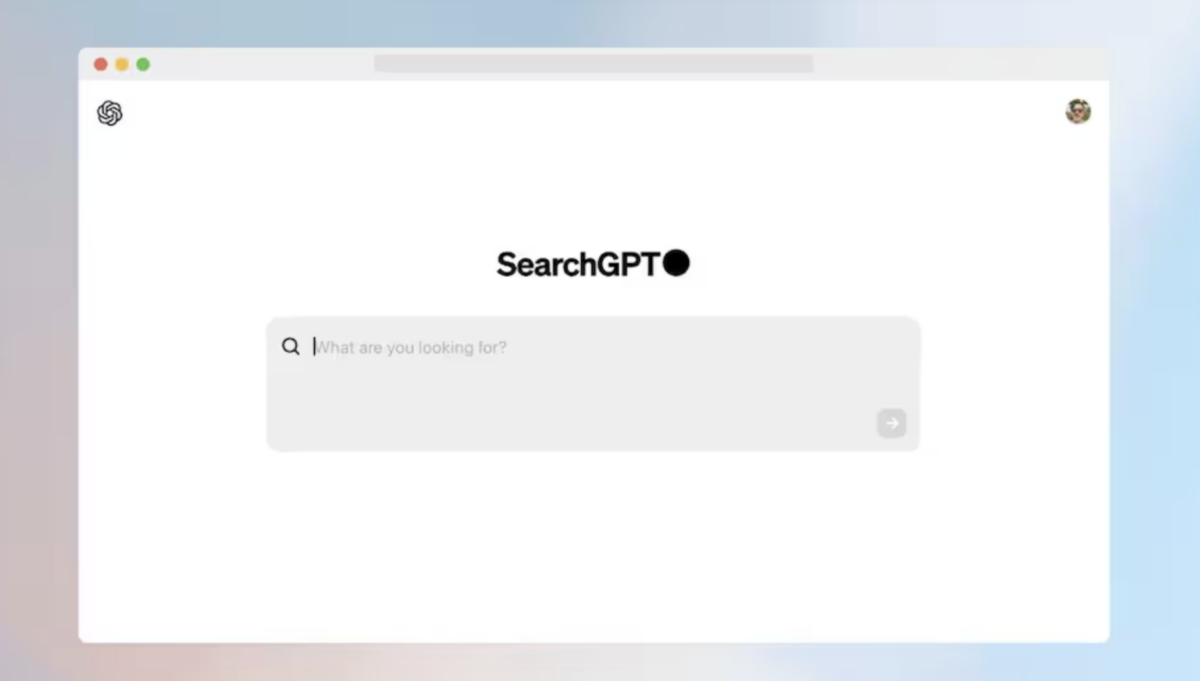
Turkey Announces $5 Billion Boost for EV Production and High-Tech Industries
Turkey will launch a $5 billion incentive package to increase its annual electric vehicle production to one million cars, President Tayyip Erdogan announced. Additionally, Ankara plans to unveil $30 billion in incentives for high-tech sectors, including a $1 billion EV plant by China’s BYD, a $5 billion semiconductor chip factory, and an $80 gigawatt-hour battery production capacity by 2030. Erdogan also mentioned a $2.5 billion grant for solar cell facilities and $1.7 billion for wind energy components. The initiatives aim to attract at least $20 billion in private sector investments.
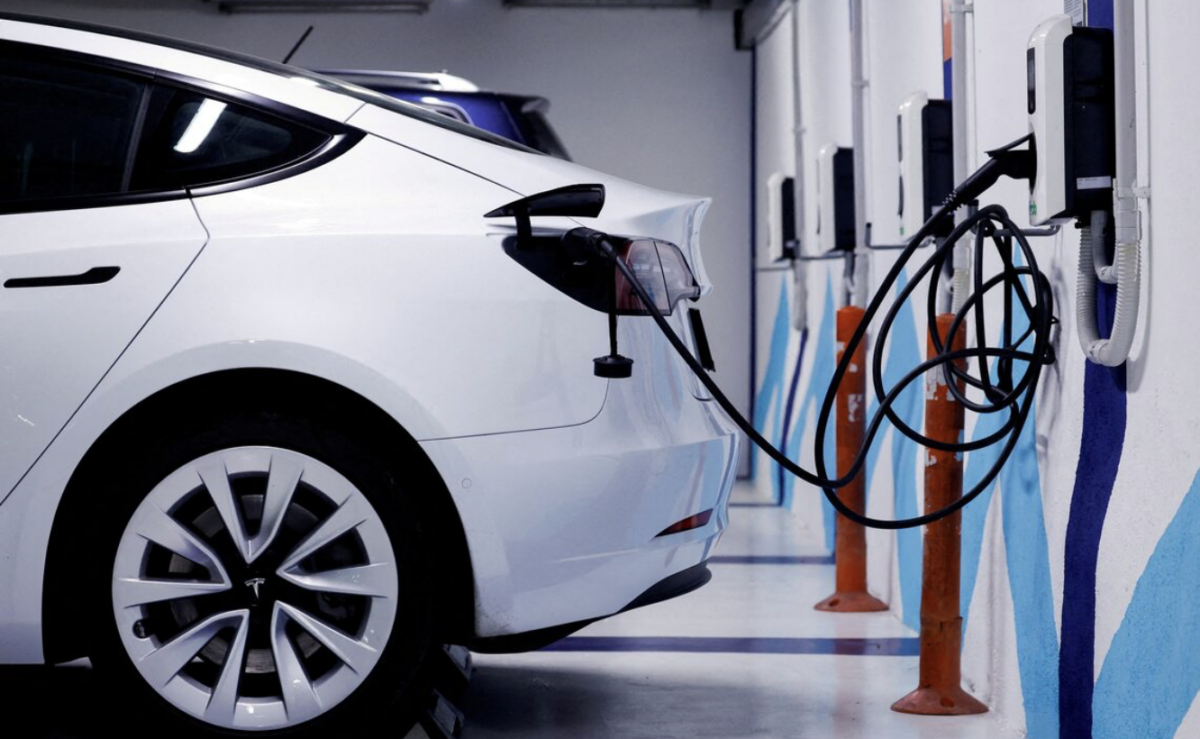
Fast-Food Chains Revive $5 Deals as Consumers Cut Back and Franchisees Express Doubts
Fast-food chains like McDonald’s, Taco Bell, and Wendy’s have revived $5 meal deals to attract cost-conscious customers amidst rising prices and reduced spending. The $5 offers aim to counter a decline in traffic and boost sales, which have been sluggish as consumers cut back on dining out due to high prices. Despite these efforts, both investors and franchisees are skeptical, concerned about potential profit erosion and the sustainability of such promotions. McDonald’s has extended its value meal promotion, which has shown some success in increasing foot traffic, though the overall impact on sales remains limited.
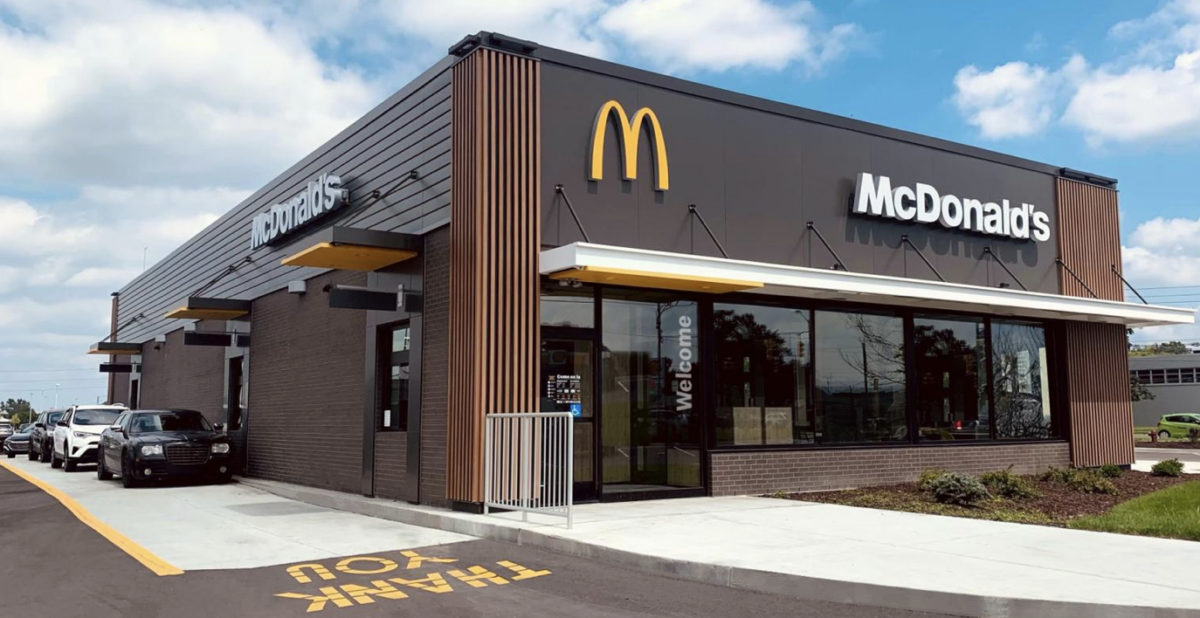
CrowdStrike Apologizes for Global Outage with Gift Cards, Faces Further Backlash
CrowdStrike, is offering $10 Uber Eats gift cards to partners as an apology for a recent faulty update that caused around 8.5 million Windows devices worldwide to crash. However, recipients reported that the gift cards were later canceled, prompting further frustration. CrowdStrike confirmed the cancellation, citing Uber’s fraud prevention measures. CEO George Kurtz and Chief Security Officer Shawn Henry have issued apologies, promising transparency and preventive measures to restore trust after the widespread disruption.
